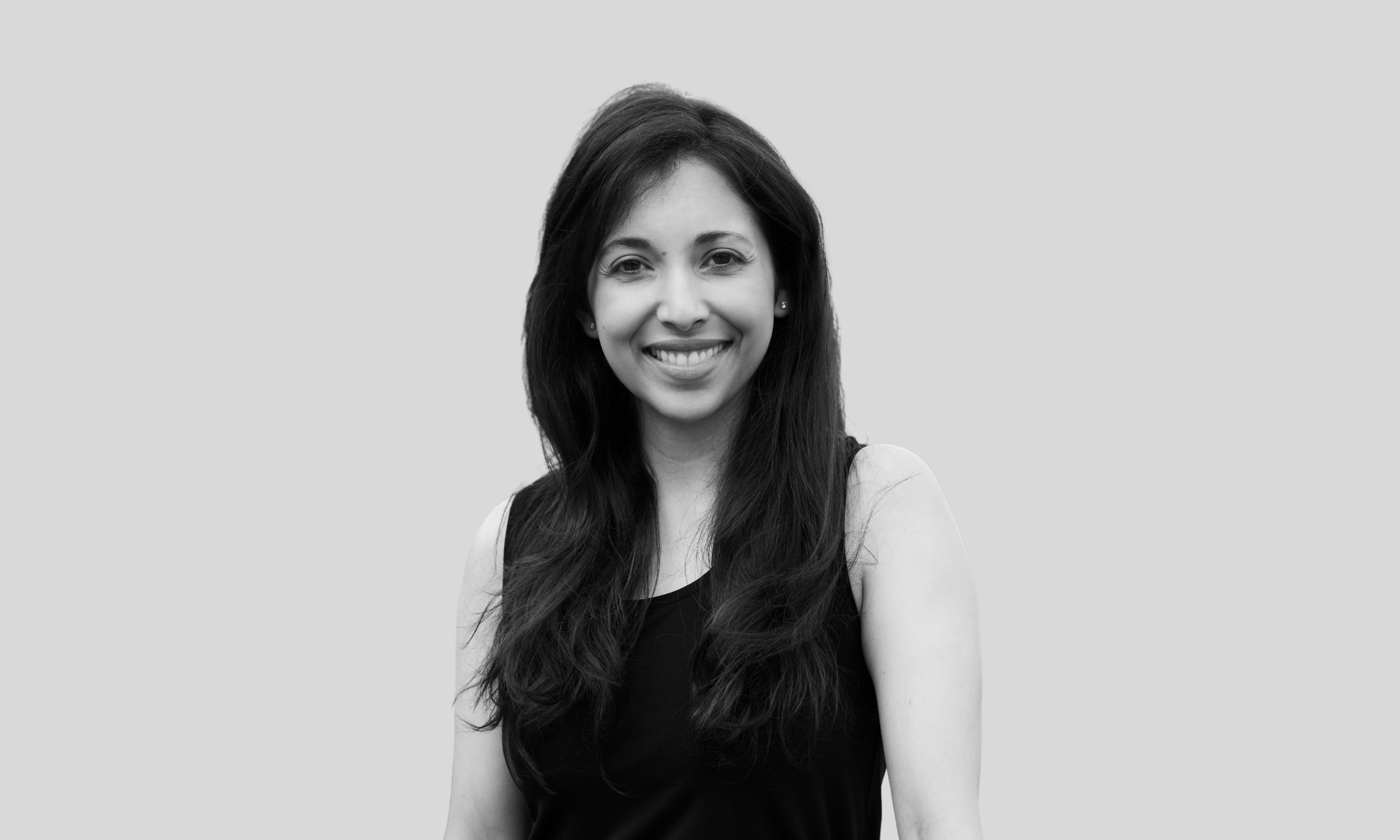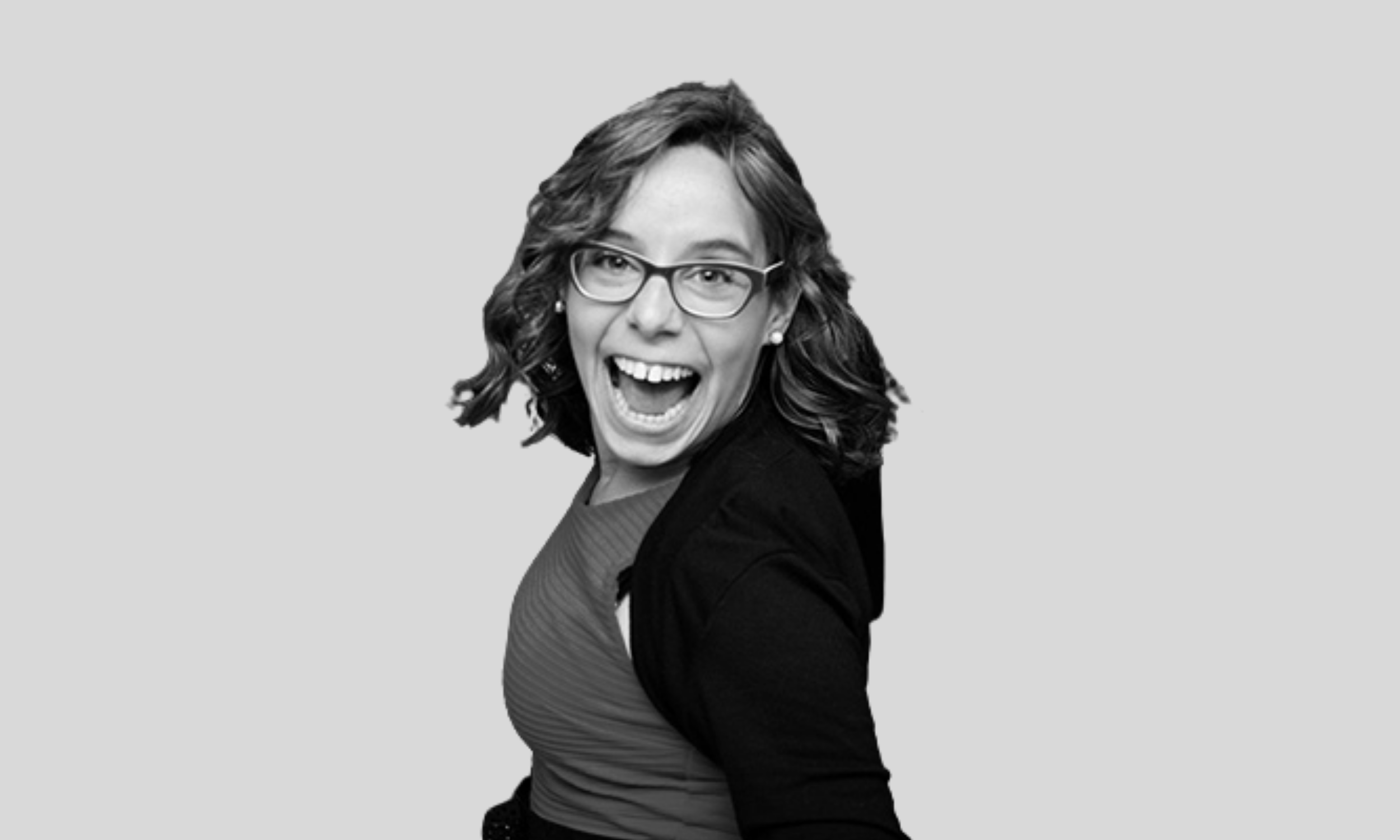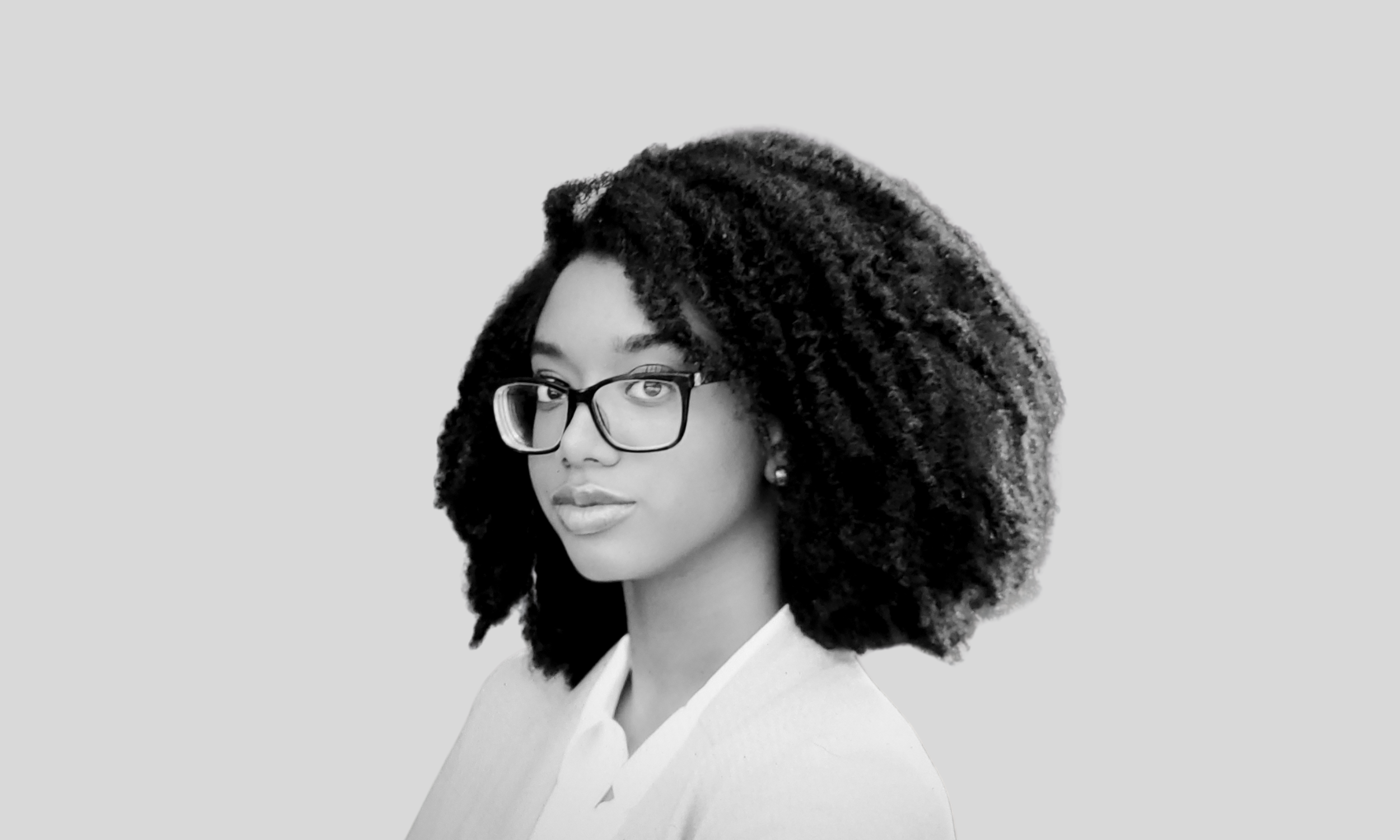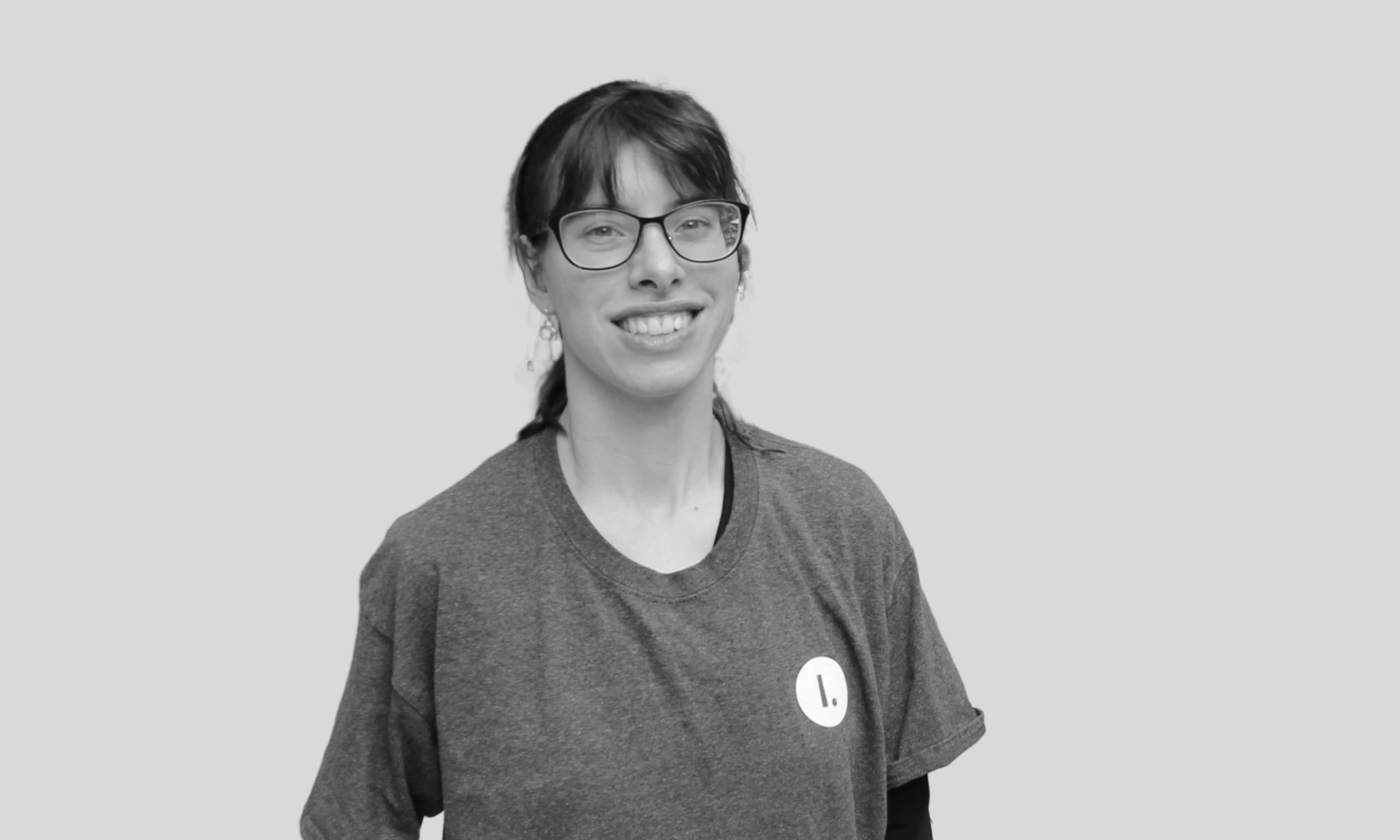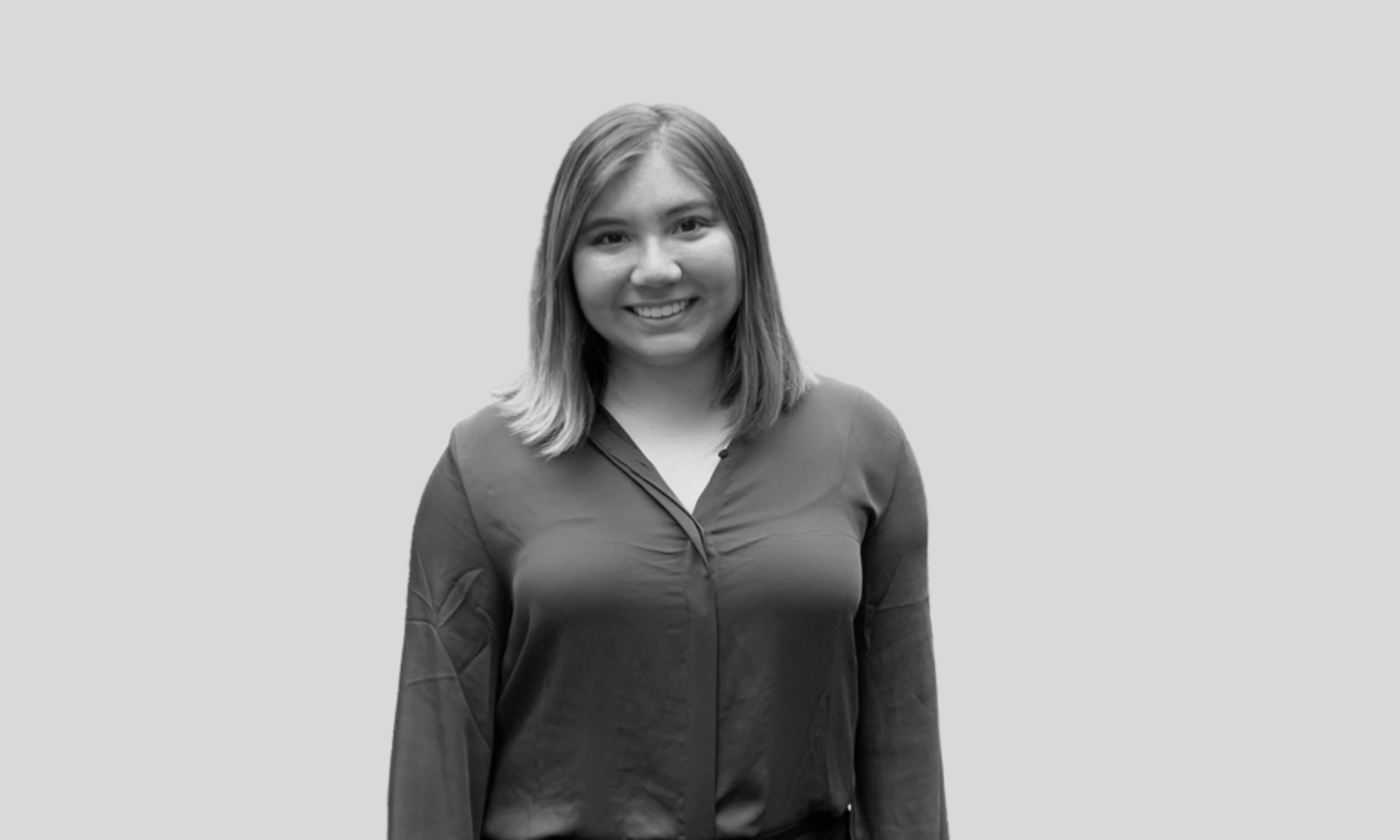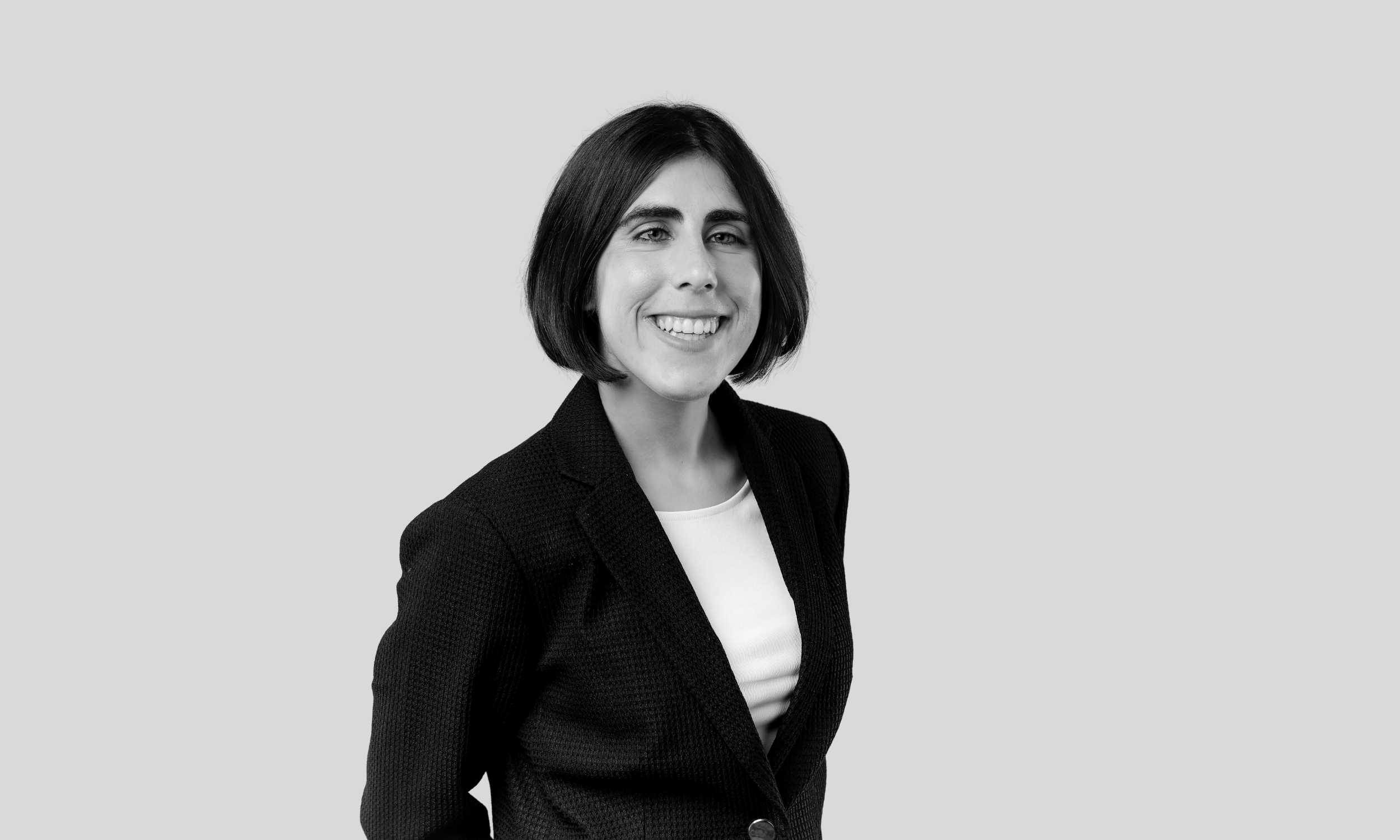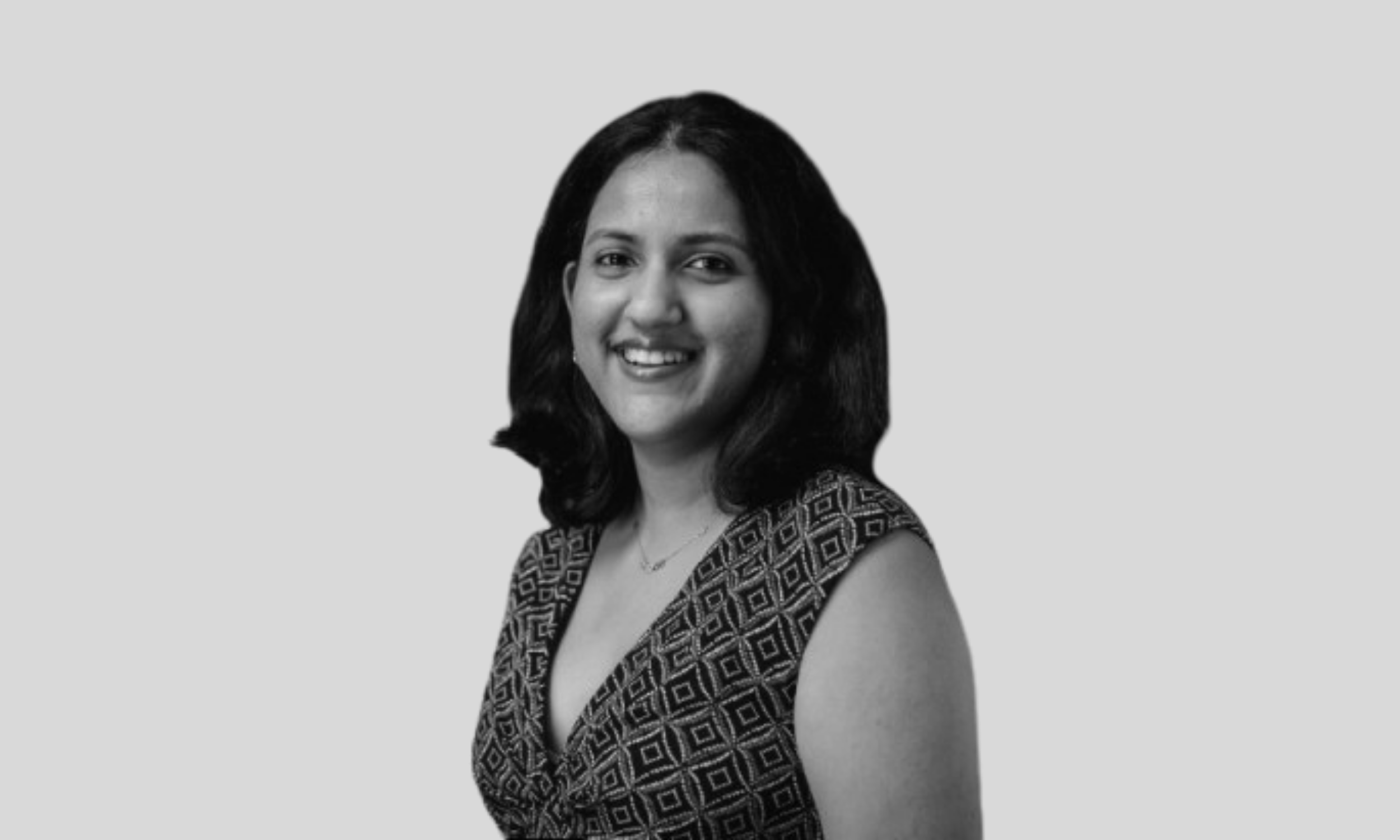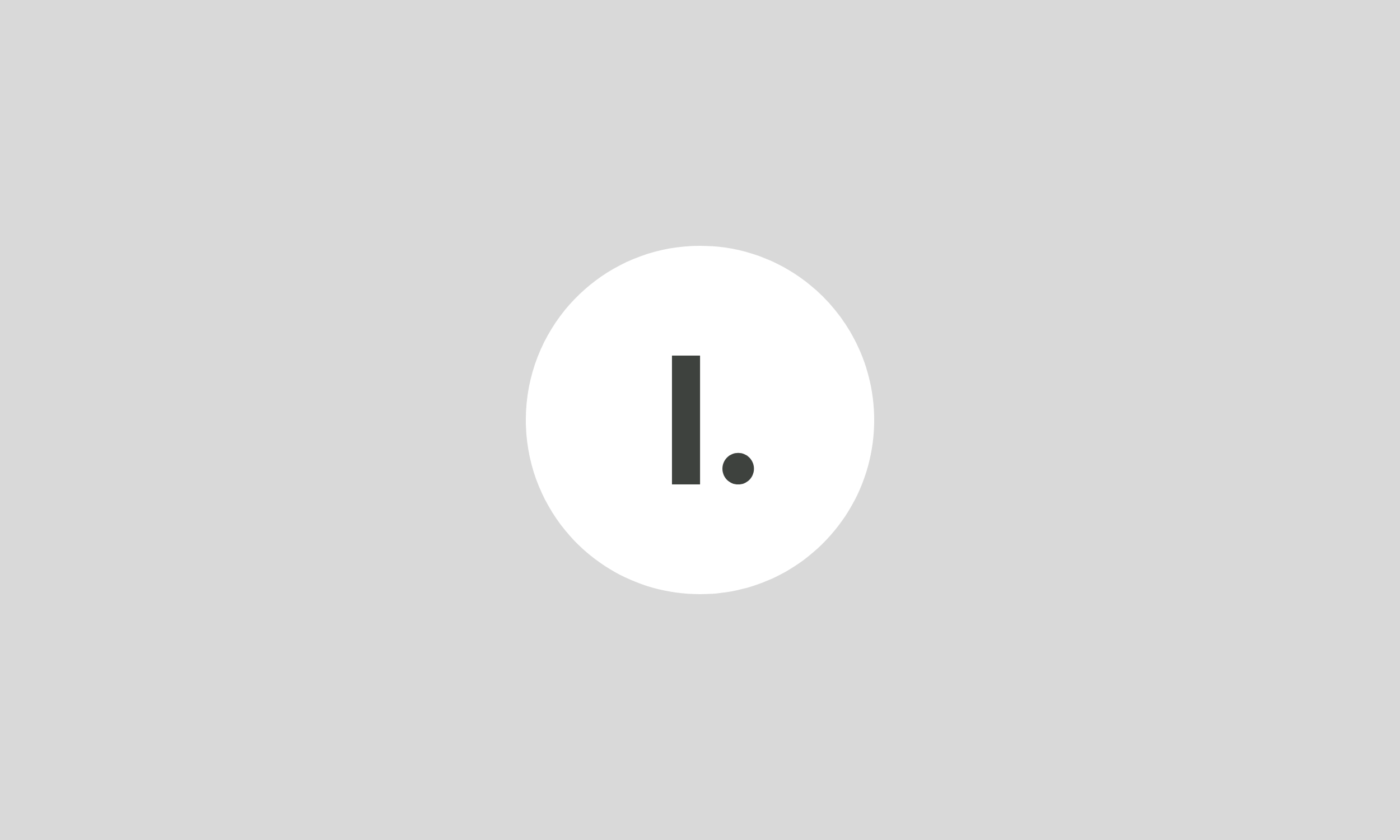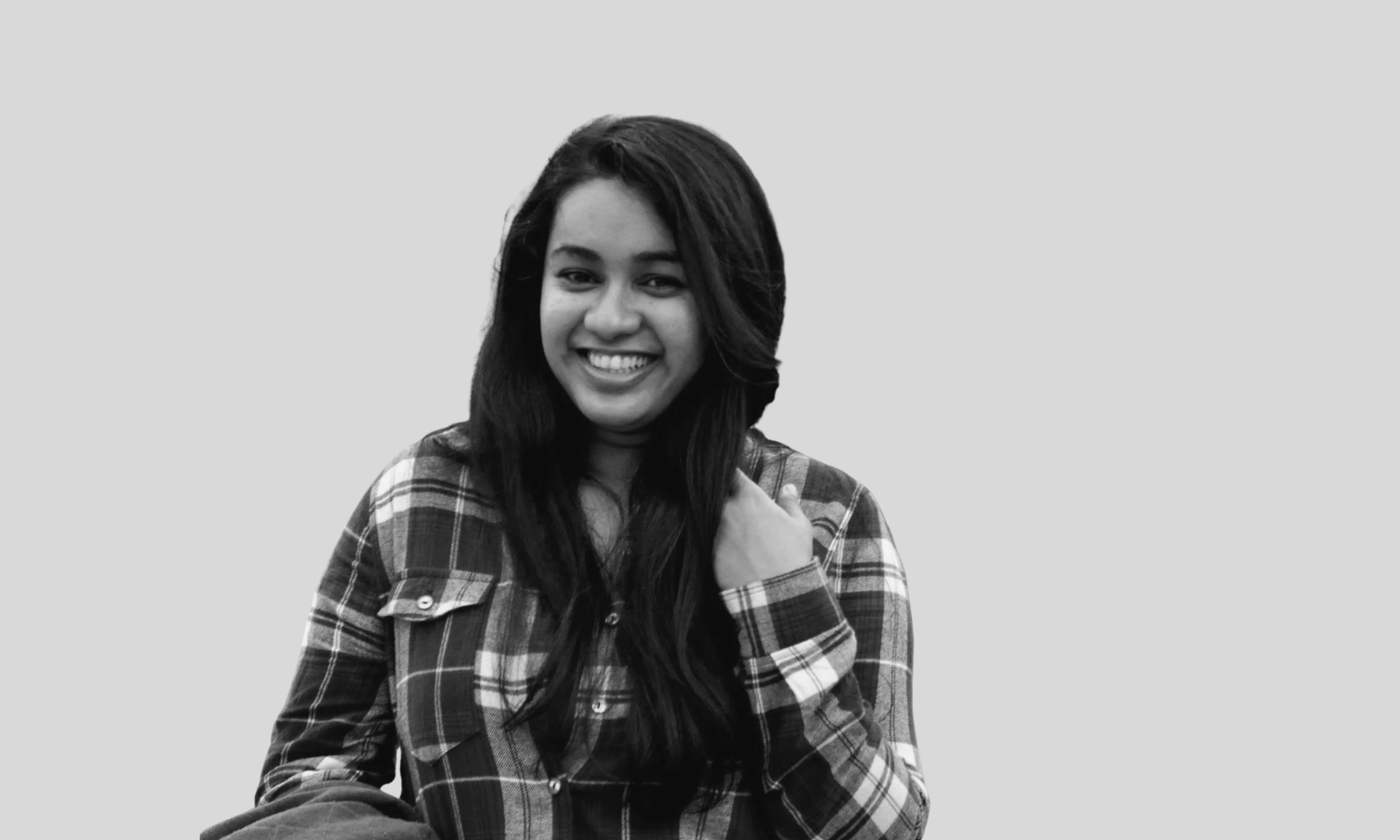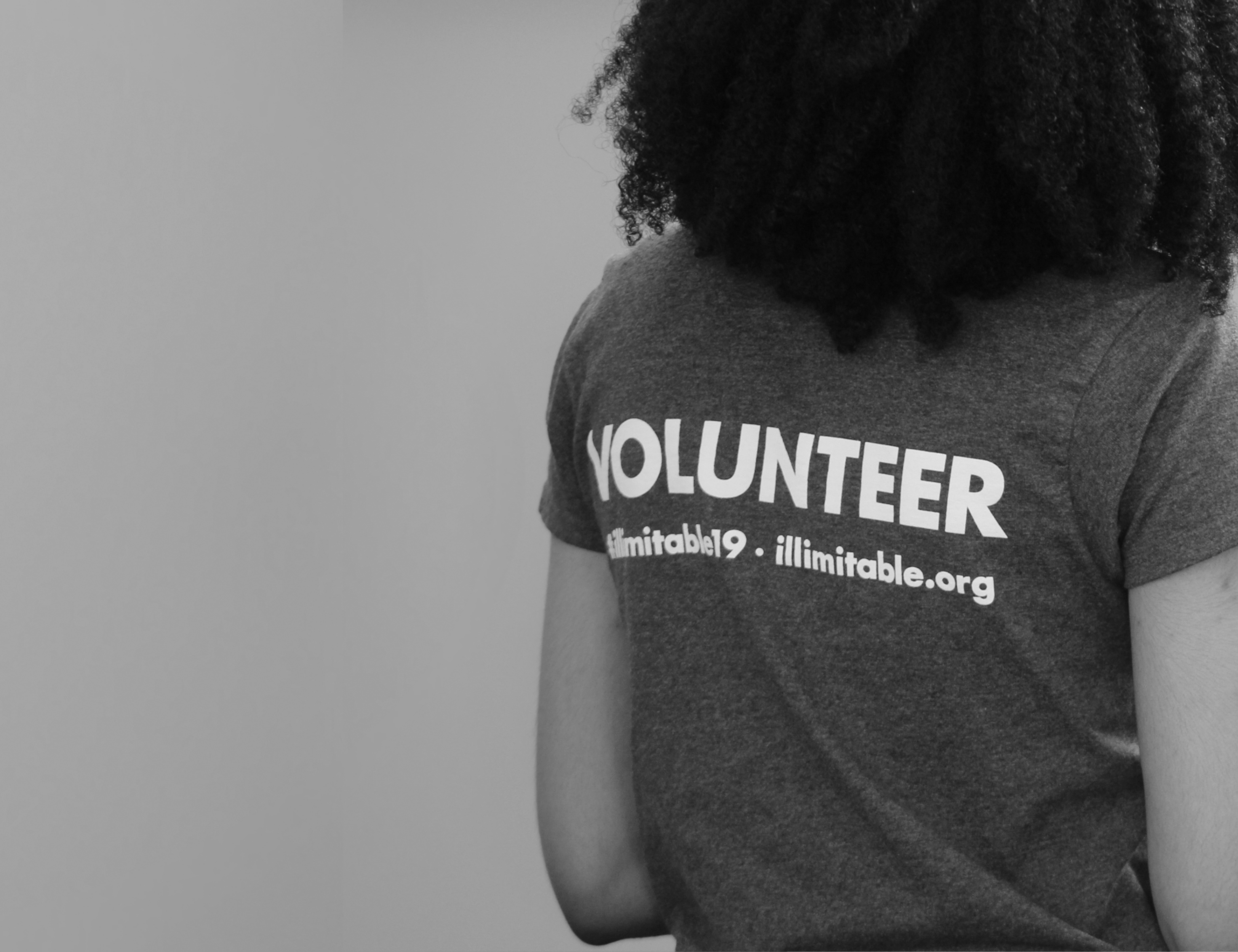
Justice matters.
We mobilize changemakers to challenge inequities in tech, design, science and entrepreneurship. Our ApproachOur Approach
Our unique, data-driven approach emphasizes representation, inclusion, and community in creative fields and spaces.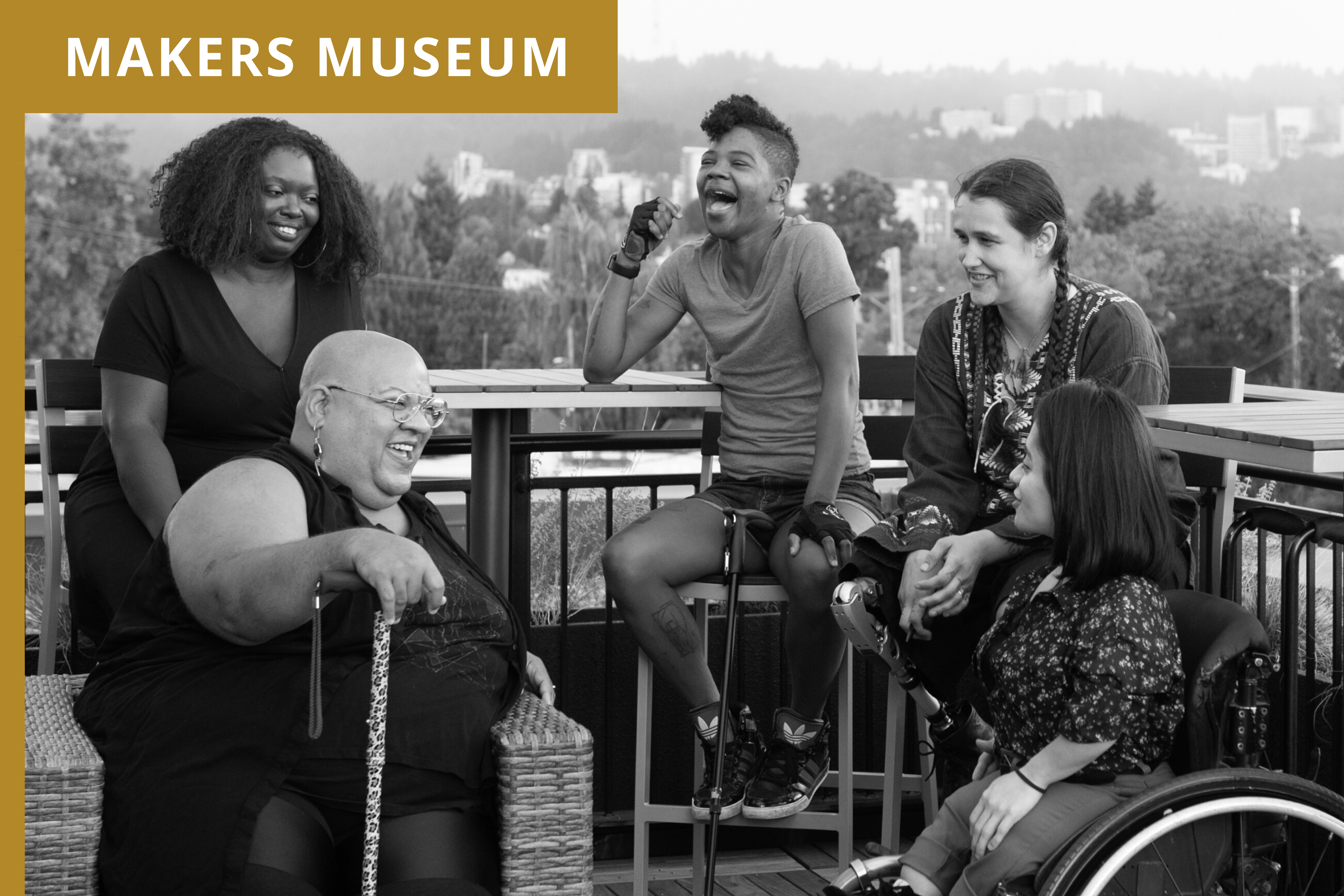
Diversifying Representation
Our digital activism campaign highlights and connects a diverse group of designers, scientists, engineers and entrepreneurs with disabilities.
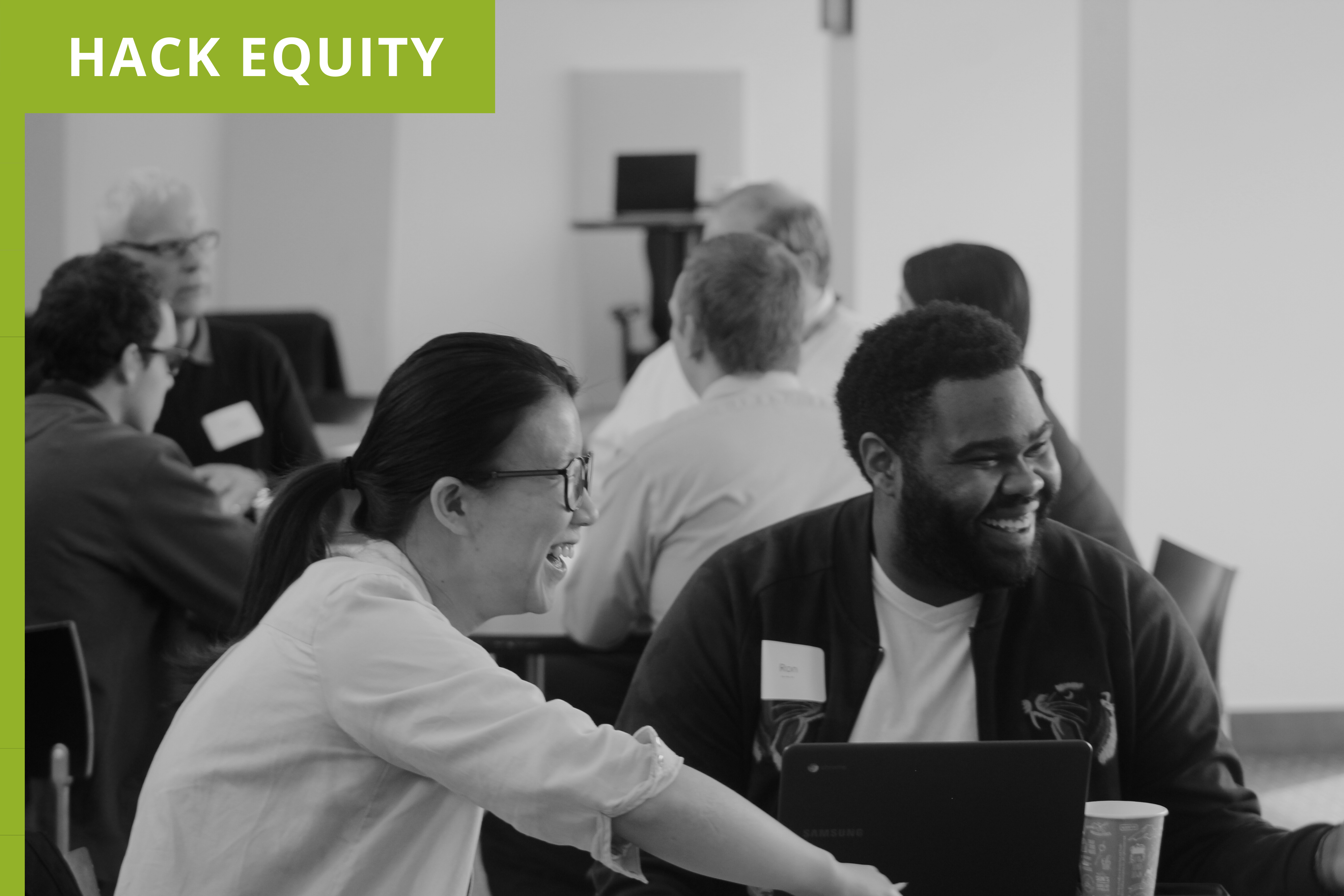
Catalyzing Inclusion
Our research collective partners with creative spaces to increase the recruitment, engagement and support of disabled innovators.
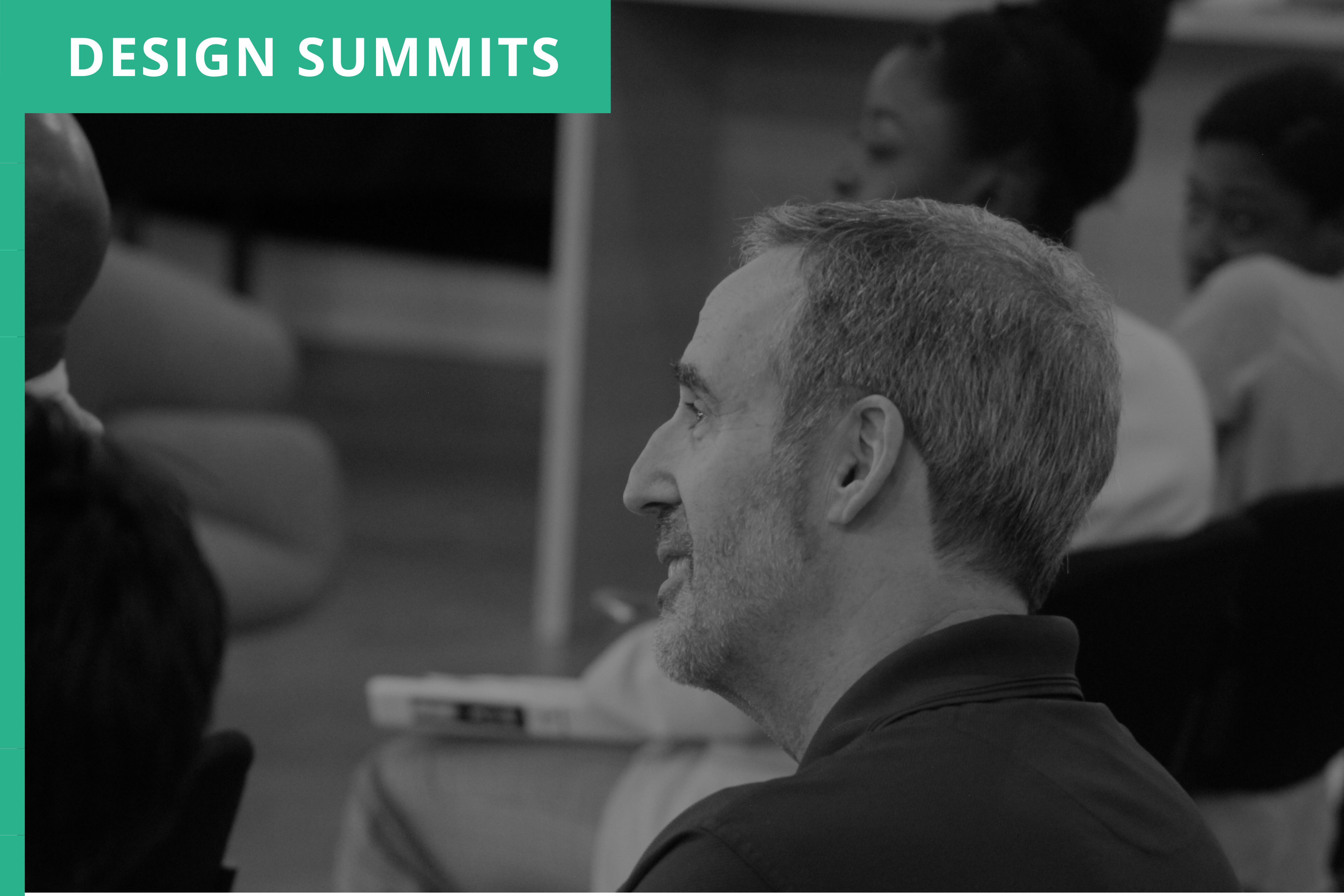
Building Community
Our events aim to inspire, energize, and unite innovators committed to advancing equity in their local and global community.
Our Team
We’re a diverse, growing community of creatives with a shared vision for the future of innovation.Interested in getting involved? We're always looking for passionate creatives to join our team.
See current openings ›Our Commitment to Inclusion
We celebrate diversity, take language seriously, prioritize accessibility, confront injustices, stay transparent, and build equity into everything we do.Language
The use of person-first ("person with a disability") versus identity-first language ("disabled person") is a powerful discussion on how word choice can shape societal attitudes on disability. While in intimate conversation, we strongly believe in aligning our language based on individual preferences. However, in our online and print communications, we use person-first and identity-first language interchangeably to give voice to both points of view and underline their shared goals: to empathize with and empower others.
Diversity
As we work toward our collective vision, we strive to create a community that encourages an understanding and acceptance of individual differences. The majority of our team (and 100% of our leadership) identifies as an underrepresented minority in science, design, technology, and entrepreneurship. Many of us identify as having multiple marginalized or intersecting identities, and we recognize and celebrate this diversity as a unique strength of our organization.
Allyship
We promote a culture of inclusion through intentional, positive, and creative efforts that amplify the voices of marginalized communities, not overpower them. Our principles of allyship are grounded in that we must first be informed - that is, conscious of the social injustices that minorities face, as well as our own privilege and biases. By prioritizing awareness and self-reflection, we're continuously learning how to more meaningfully and effectively advocate for people from underrepresented groups.
Accessibility
Accessibility is a human right, not a checklist. We believe everyone should be able to fully engage with our projects, and we prioritize accessibility in the planning and development of all of our events, programs, and online content. That being said, we're constantly learning how to be more inclusive, and always welcome your feedback on how we can improve our work.
Transparency
We strive to foster a culture of trust, openness, and accountability between our organization and the broader community. In practice, this means we democratize our knowledge, tools, and resources so that others can build upon what we've learned and amplify the impact in their own work. It also means that we consistently update the public on our progress and crowdsource ideas from the community on how we can maximize our impact.
Equity
Our team takes a social justice approach to its mission. By exposing patterns of oppression that lead to inequity, we create opportunities for innovators to learn, grow, and thrive together. In doing so, we champion diversity in leadership roles, support minority-led efforts, and are intentional about designing with, not for, the communities we serve.
If you have questions, comments or suggestions about our Inclusion Statement, please contact inclusion@illimitable.org.
